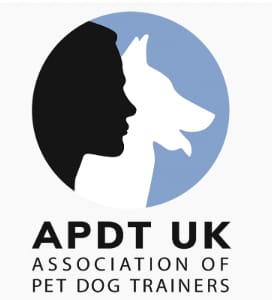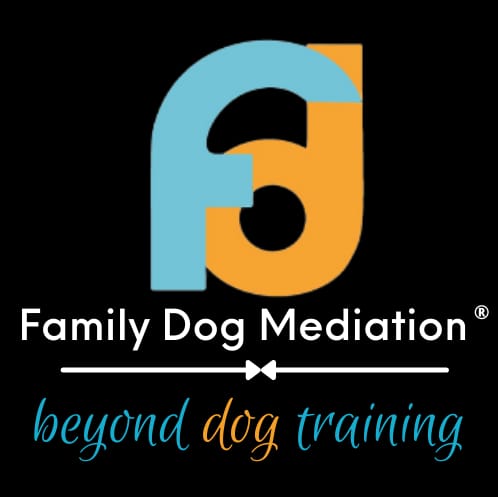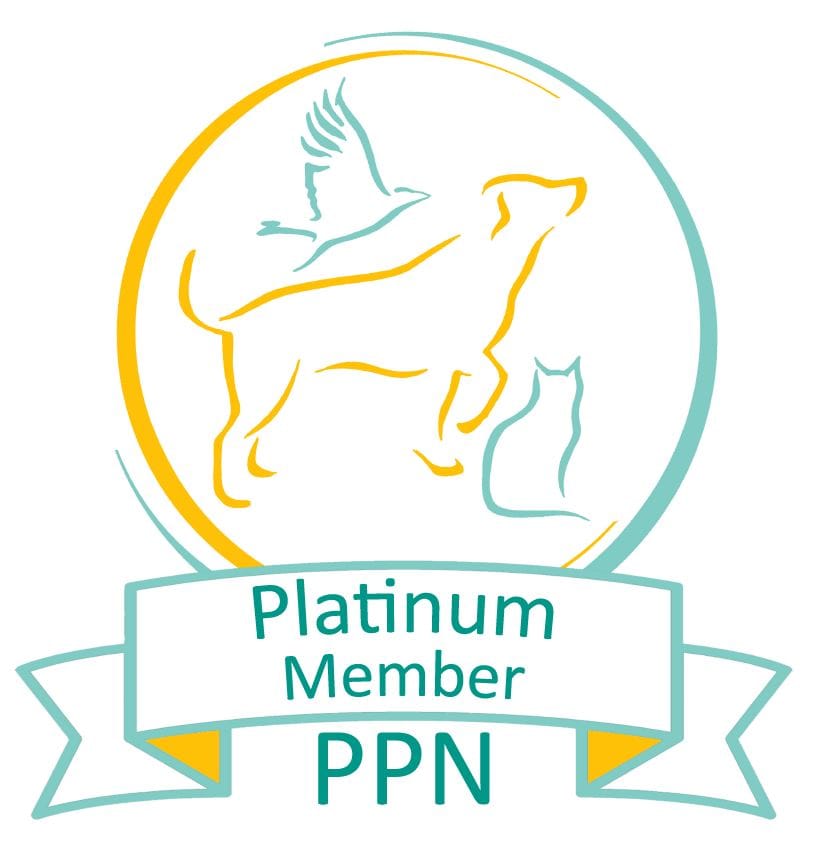Preparing your dog for Fireworks Night
25/09/2018 - Blog
The earlier you start preparing your dog for the bangs and flashes or fireworks night, the easier it will be to help him manage his stress levels on 5th November. In this blog, we look at some techniques to help dogs who hate loud noises.
PS if this is your first fireworks night with your dog – it’s well worth talking to a dog behaviourist well before 5th November so that you can test his reaction in controlled conditions and potentially avoid a stressful Guy Fawkes night.
Fireworks are not the only loud noises to scare dogs
This blog is mainly about fireworks but the techniques we’re talking about can also be applied to other sounds that your dog may not like.
To understand how to unravel a dog’s fear, it’s important to understand what is happening in his body and brain to make him behave is such a distressing way. Once you know the biology behind his behaviour, you can help him manage his anxiety.
Symptoms of fear and anxiety
Signs of anxiety may be subtle or they may be very obvious indeed. If your dog is upset by noises you might see some or all of these symptoms.
- Panting
- Drooling
- Yawning
- Shaking
- Hiding
- Pacing
- Clingy behaviour (following you everywhere, trying to be as physically close as possible)
- Chewing
- Barking
- Losing control of bladder or bowels
- Ask the vet about sedative sprays or tablets that might help keep him calm
- On the day, get him relaxed before the fireworks start: A long walk, a training session in the garden, followed by a stuffed Kong or a snuffle mat will all help to get his brain in a good place before the fireworks start.
- Take him out for toileting just before the sun sets but keep him on the lead in case the bangs start earlier than you expected.
- Keep calm yourself. If you are anxious the dog will sense it and probably mirror your emotions.
- Close the curtains; It will hide the flashes and maybe muffle the sound a little
- If he will wear a harness or a cooling coat, he’ll probably be happy in a thunder jacket. It’s like a close-fitting coat that helps him feel more secure. It’s the canine equivalent of swaddling a newborn baby.
- If you can distract him with games and toys do so – but don’t take it personally if he doesn’t feel like engaging. If you’ve ever suffered with anxiety yourself you’ll understand what he’s going through.
- Make sure he has a safe place and don’t disturb him if he chooses to hide. He’s doing what he needs to do to feel calm
- Watch him carefully to make sure he hasn’t decided to chew electrical wires etc
Copyright © 2025 CK9 Training








